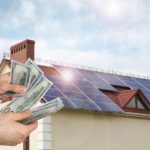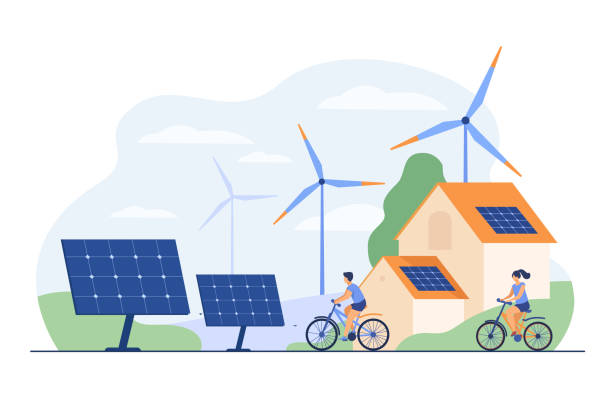It can be challenging to install a solar power plant. This is especially true for customers who have to make decisions about choosing the right panels and estimating their power consumption. They also need to decide between on-grid or off-grid solar systems. All solar power systems operate on the photovoltaic effect. However, how solar energy is used depends on who the user is. An off-grid solar system is an excellent option to generate solar energy without a grid connection. A choice is to use an on-grid solar power system to help you redirect excess energy back to the grid through net metering.
Does that sound complicated? It’s simple. An off-grid system does not connect to the grid. A grid system is connected to the utility grid. The equipment required for installation, the method of installation, and the energy bills will all be affected by choice made by the customer.
The Difference between On Grid and Off Grid Solar Systems:
On-grid Solar Power System
On-grid systems mean your solar system can connect to the utility company’s network. The on-grid system is the most popular, as users are covered even if their solar system fails or goes down. If the user produces excess energy, the surplus can be returned to the grid-power provider. The user can build credit, which can be used to cash out at the end of the billing cycle. This is called net metering. Because the user is not required to buy expensive battery backup systems for energy storage, the upfront cost of being tied to the grid is minimized. An on-grid system has one major drawback. It can shut down entirely in the event of a power outage. An on-grid system might need to provide good outputs in areas with a high probability of utility power failure.
Off-grid Solar Power System
An off-grid system uses a different battery system and is not connected to the grid. An off-grid system generates electricity during the day, which is then transferred to the batteries for storage. The batteries can then be used at night or in cloudy conditions. Users can choose off-grid solar power systems according to their energy needs. Solar systems can be scaled to produce enough energy to supply the user with energy at all times, based on energy estimates. Off-grid solar panels have the advantage that they are not dependent on the grid. This means a power outage or a power cut would not impact the user. An off-grid solar system depends on solar radiation. More extended periods of cloudy weather can significantly impact the outputs. An additional battery system may increase the upfront costs of installation for users.








